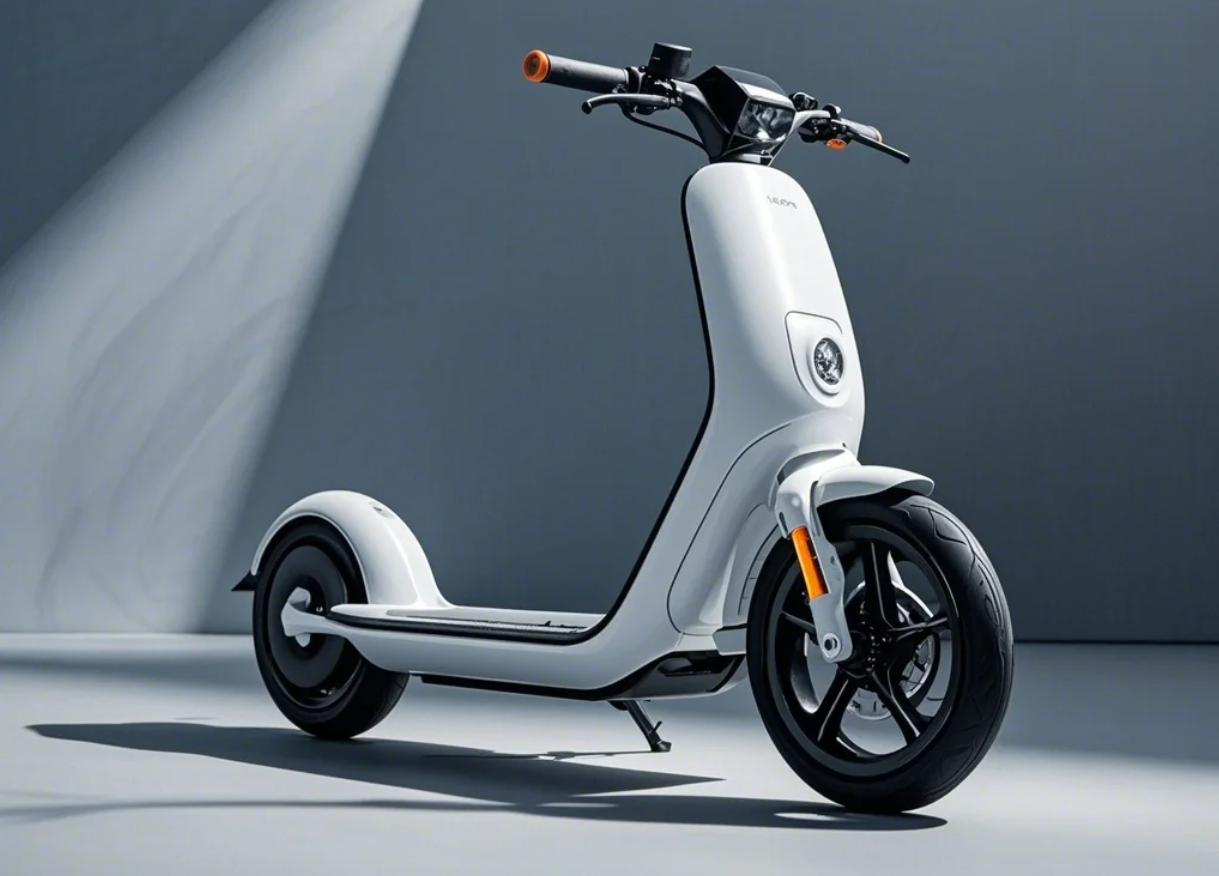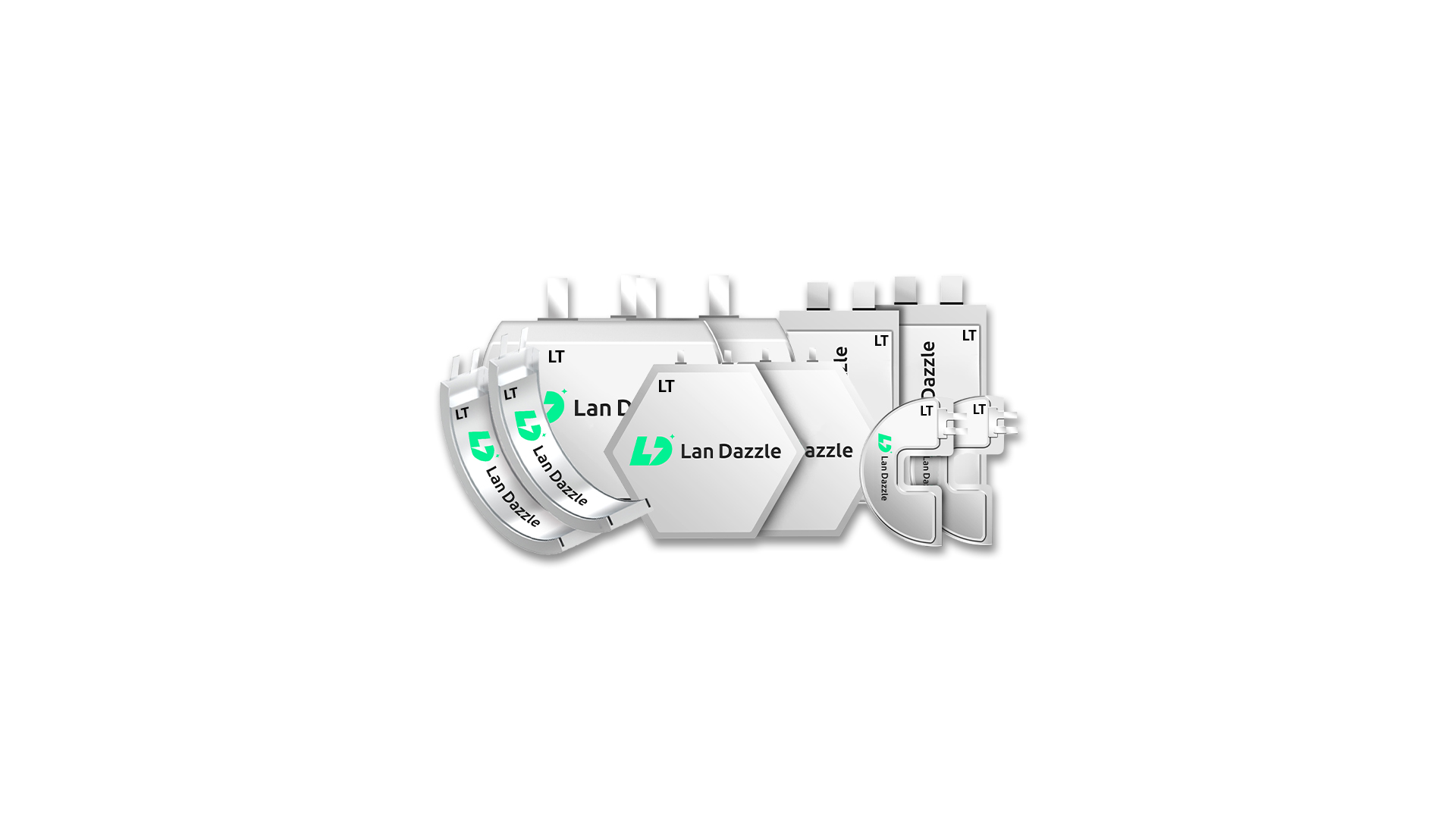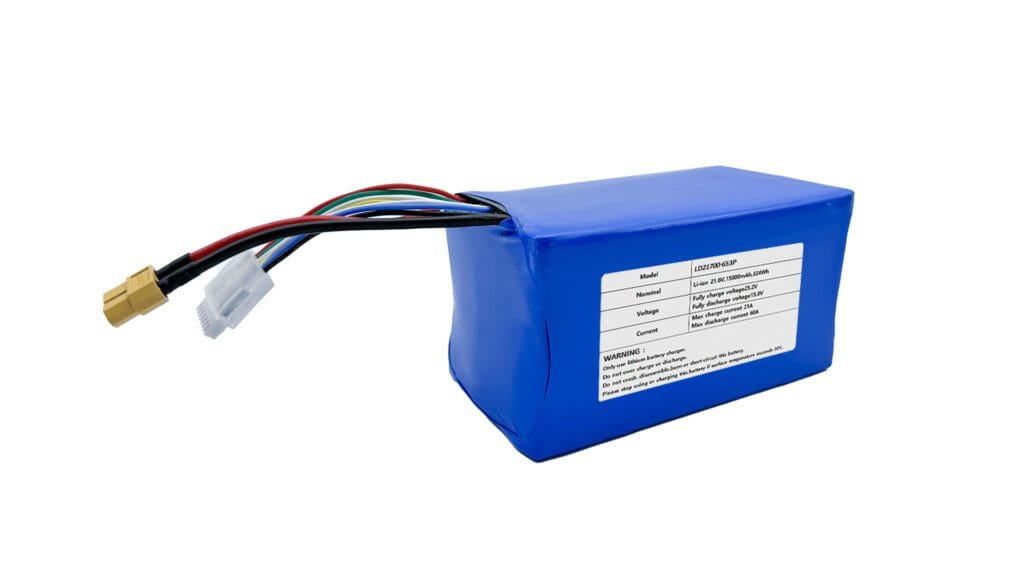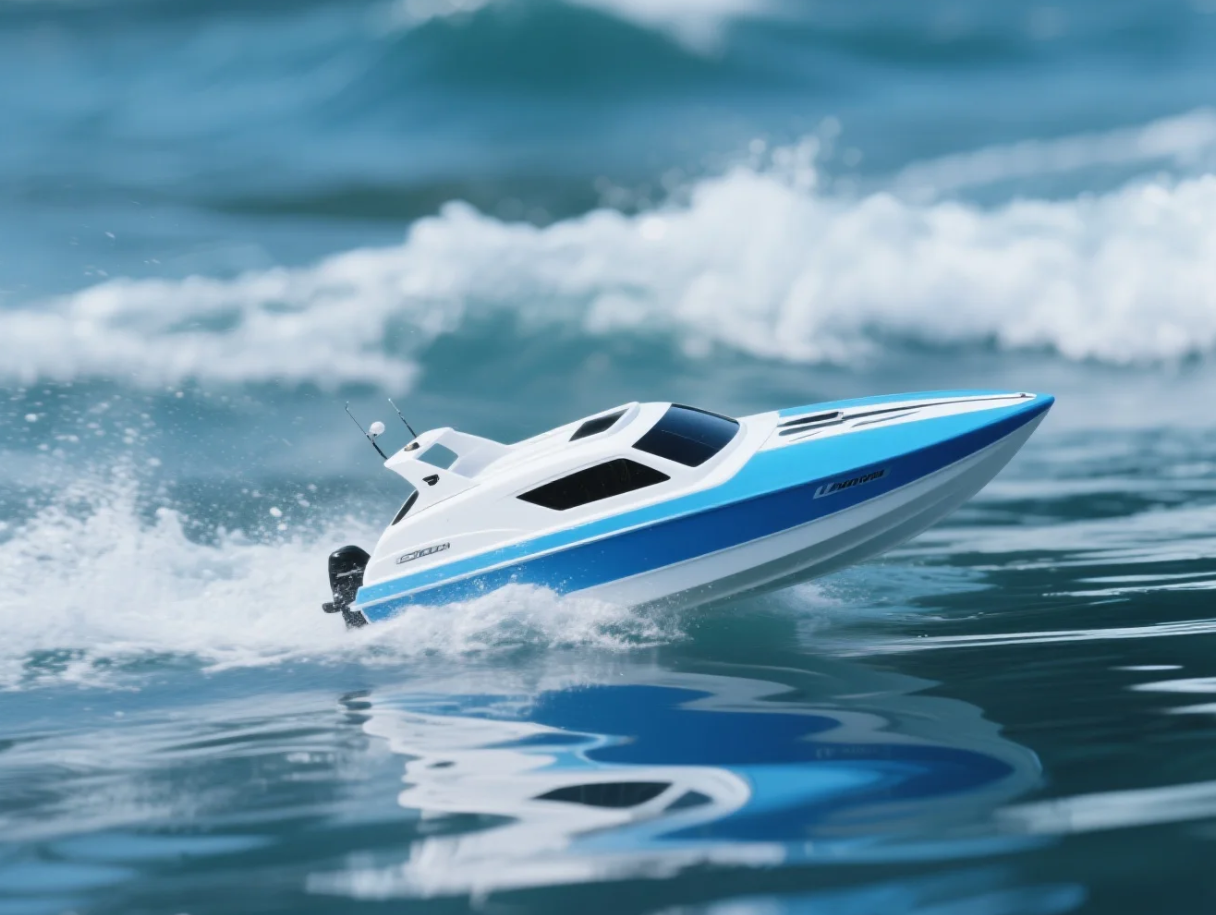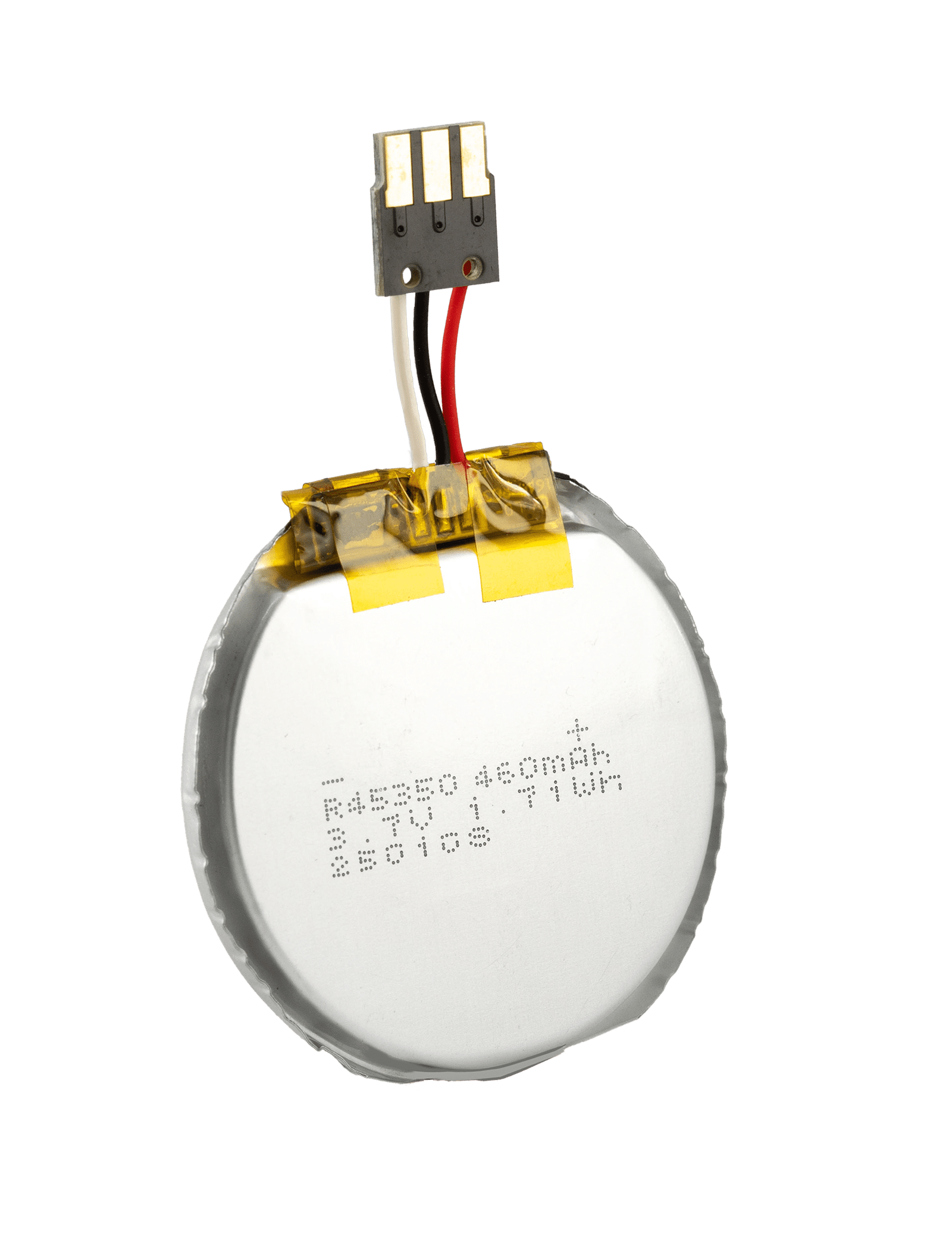The hum of an electric scooter gliding through city streets has become a familiar sound, a testament to the growing popularity of this efficient and eco-friendly mode of transport. At the heart of every electric scooter lies its battery, and for experienced riders seeking optimal performance and range, the 48v lithium battery for electric scooter stands out as a powerful and reliable choice. This comprehensive guide delves into the intricacies of these batteries, exploring their benefits, the crucial specifications to consider, essential maintenance practices, and a glimpse into their future. Whether you’re contemplating an upgrade, seeking a deeper understanding of your current setup, or comparing battery technologies, this article provides the technical insights you need.
Why 48V Lithium Batteries are Ideal for Electric Scooters
The Rise of Lithium-Ion Technology
The shift towards electric mobility has been largely fueled by the advancements in lithium-ion battery technology. These batteries have become the gold standard for electric vehicles, including scooters, due to their superior energy density. Compared to older technologies like lead-acid, lithium-ion batteries can store significantly more energy for their size and weight. This translates to a lighter scooter with a potentially longer range. Furthermore, their longer lifespan and ability to withstand numerous charge and discharge cycles make them a cost-effective and durable power source.
Advantages of 48V for Electric Scooters
For experienced riders, the move to a 48v electric scooter often signifies a step up in performance. The higher voltage allows for more power to be delivered to the motor, resulting in improved acceleration and the ability to tackle inclines with greater ease. Unlike lower voltage systems, a 48v setup can provide a more robust and consistent power output, enhancing the overall riding experience. If you’re considering a scooter upgrade, a 48v lithium battery can be a game-changer, potentially offering a noticeable increase in both speed and range compared to lower voltage alternatives.
Comparing Lithium-Ion to Other Battery Types
While other battery technologies exist, lithium-ion has largely dominated the electric scooter market for good reason. Lead-acid batteries, once common, are significantly heavier and offer a much lower energy density, resulting in shorter ranges and bulkier scooters. Their lifespan is also considerably shorter than that of lithium-ion. While other lithium-based chemistries exist (like LiFePO4), the standard lithium-ion battery provides an excellent balance of performance, cost, and lifespan for most electric scooter applications.
Key Features and Specifications to Consider When Choosing a 48V Lithium Battery
Capacity (Amp-Hours – Ah) and Range
The capacity of a 48v lithium battery range is typically measured in Amp-hours (Ah). This figure indicates the amount of electrical charge the battery can store. A higher Ah rating generally translates to a longer potential range for your scooter. For example, a 15Ah battery will typically offer more riding distance on a single charge than a 10Ah battery under similar conditions. However, the actual range you achieve will also depend on factors such as rider weight, terrain (hilly areas will consume more power), and your riding style (aggressive acceleration and high speeds drain the battery faster). As a general guideline, you might expect around 2-3 miles of range per Ah in typical urban riding conditions, but this can vary.
Voltage (V) and Power Output
The 48v battery power is crucial for the performance of your electric scooter. This voltage level is a sweet spot for many mid-to-high-performance scooters, providing sufficient power for a satisfying riding experience without being excessively heavy or complex. The voltage, along with the current (amps), determines the overall power output of the battery, which directly impacts the scooter’s speed and acceleration capabilities.
Battery Management System (BMS) – The Brain of the Battery
A critical component of any high-quality 48v lithium battery for electric scooter is the Battery Management System (BMS). This sophisticated electronic system acts as the brain of the battery pack, constantly monitoring and regulating various parameters such as voltage, temperature, and current flow. The BMS plays a vital role in ensuring scooter battery safety by preventing overcharging, over-discharging, and short circuits. It also helps to balance the charge across individual cells within the battery pack, which is essential for maximizing the battery’s lifespan and overall performance.
Size, Weight, and Compatibility
When considering a replacement or upgrade, the physical dimensions and weight of the electric scooter battery size are important factors. The battery must fit securely within the scooter’s designated compartment. Furthermore, the battery compatibility with your scooter’s electrical system, particularly the connector type, is crucial. Always refer to your scooter manufacturer’s specifications or consult with a knowledgeable retailer to ensure you choose a compatible battery.
Lifespan and Cycle Count
The scooter battery lifespan of a 48v lithium battery is typically measured in charge cycles. A cycle represents one full charge and discharge of the battery. High-quality lithium-ion batteries can often withstand 500 to 1000 or more charge cycles before their capacity starts to significantly degrade. Factors like charging habits and storage conditions can influence the actual battery cycle count achieved.
Maintaining and Caring for Your 48V Lithium Battery
Proper maintenance is key to maximizing the lifespan and performance of your 48v lithium scooter battery.
Proper Charging Techniques
Always use the charger specifically designed for your battery. Avoid charging in extreme temperatures (both hot and cold). Once the battery is fully charged, it’s best to disconnect it from the charger to prevent potential overcharging, although most modern chargers have built-in protection.
Storage Guidelines for Longevity
If you plan on not using your scooter for an extended period, store the battery in a cool, dry place, ideally with a charge level of around 50-70%. Avoid storing the battery fully discharged, as this can negatively impact its lifespan.
Safety Precautions
Electric scooter battery safety should always be a top priority. Never use a battery that shows signs of physical damage, such as swelling, leaking, or cracks. Avoid dropping or exposing the battery to extreme impacts. If you notice any unusual behavior, such as excessive heat during charging or use, discontinue use immediately and consult a professional.
Troubleshooting Common Battery Issues
Common issues include a noticeable reduction in range or the battery failing to charge. These could indicate the natural degradation of the battery over time or potentially a more serious issue. If you experience persistent problems, it’s best to consult with a qualified technician.
The Future of 48V Lithium Batteries in Electric Scooters
Technological Advancements
The field of battery technology is constantly evolving. We can expect to see further advancements in advanced battery technology for electric scooters, such as batteries with even higher energy density, allowing for longer ranges without increasing size or weight. Faster charging times and potentially more sustainable battery chemistries are also on the horizon.
Sustainability and Recycling
As the adoption of electric vehicles grows, so does the importance of responsible lithium battery recycling. Efforts are underway to develop more efficient and cost-effective methods for recycling lithium-ion batteries, recovering valuable materials and reducing environmental impact.
Conclusion
The 48v lithium battery for electric scooter represents a significant step forward in powering personal electric mobility. Understanding the benefits, key specifications, and proper maintenance practices will empower experienced riders to make informed decisions and ensure the longevity and optimal performance of their scooters. By choosing the right battery and taking good care of it, you can enjoy countless miles of efficient and exhilarating rides.
For those seeking tailored power solutions, Lan Dazzle offers custom lithium battery solutions designed to meet the specific needs of electric scooter enthusiasts. By choosing the right battery and taking good care of it, you can enjoy countless miles of efficient and exhilarating rides.
Our customization capabilities encompass a wide range of critical parameters. We can tailor the capacity (measured in Amp-hours or Watt-hours) to ensure your equipment has the exact amount of energy it needs for its operational demands. The physical dimensions and shape of the battery pack can be designed to seamlessly integrate into your existing or new products, even in space-constrained environments. We can also optimize the discharge and charge rates (C-rate) to meet the specific power demands of your application, whether it requires rapid bursts of energy or sustained power delivery. If you have questions or needs, feel free to contact us at info@sxunsolution.com or visit landazzle.com.
FAQ
- How long does a 48v lithium battery for an electric scooter typically last?
A high-quality 48v lithium battery can last for 500 to 1000 or more charge cycles, which typically translates to 2-5 years depending on usage and maintenance. - What is the range I can expect from a 48v lithium battery on my electric scooter?
The range depends on the battery’s capacity (Ah) and various riding conditions. A general estimate is 2-3 miles per Ah, but this can vary. - How do I properly charge a 48v lithium battery for my electric scooter?
Use the original charger, avoid extreme temperatures, and disconnect the battery once it’s fully charged. - Are 48v lithium batteries safe for electric scooters?
Yes, when used correctly and with a functioning Battery Management System (BMS) to prevent overcharging and other issues. - Can I upgrade my electric scooter to a 48v lithium battery?
This depends on your scooter’s motor and controller compatibility. Consult the manufacturer’s specifications or a qualified technician. - How much does a 48v lithium battery for an electric scooter cost?
The cost can vary widely depending on the brand, capacity, and quality, ranging from a few hundred to over a thousand dollars. - What are the signs that my 48v lithium battery needs to be replaced?
Common signs include a significant decrease in range, the battery not holding a charge, or taking much longer to charge than usual.

